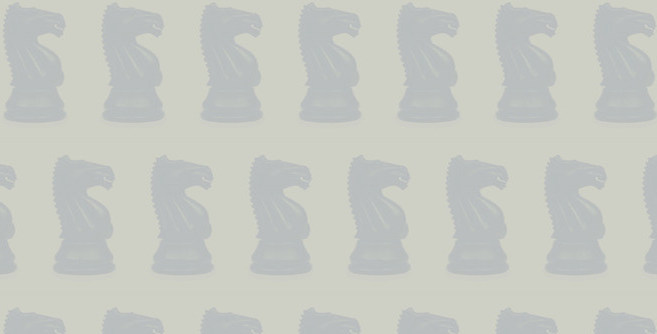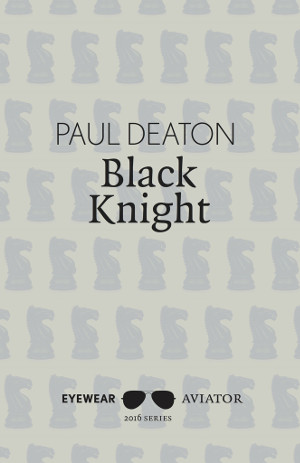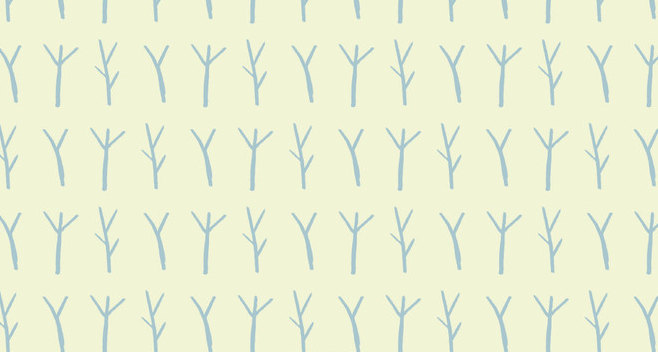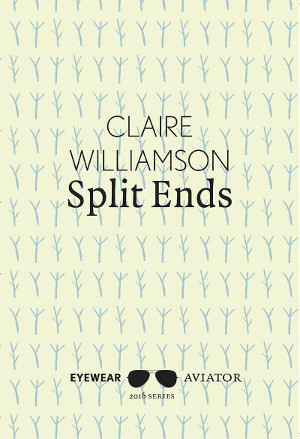 Drawing on the darkness glimpsed down alleyways, between streetlamps and on the edge of urban parks, Paul Deaton’s poetry pamphlet Black Knight is an impressively self-assured debut.
Drawing on the darkness glimpsed down alleyways, between streetlamps and on the edge of urban parks, Paul Deaton’s poetry pamphlet Black Knight is an impressively self-assured debut.
From the break up of a love affair to the unspoken grief within a family, Deaton explores the strength of human emotions set against forces both immovable and elemental. There are also moments of humour, and of satisfaction, as a late walk home from the pub becomes a passage of quiet contentment.
 Deaton has a talent of bringing together the personal, and the universal, so that in the opening poem the sale of a bike becomes a eulogy to love lost and lessons learnt. Seasons and their offerings develop human characteristics, particularly vividly in August, when a crotchety old pear tree flings its fruit about in attention-seeking petulance, and somewhat more majestically in October: “Some burly blacksmith/ has quenched the sun/ in the cold sea of the sky, the cherry flames, distant, intensify.” Just beautiful.
Deaton has a talent of bringing together the personal, and the universal, so that in the opening poem the sale of a bike becomes a eulogy to love lost and lessons learnt. Seasons and their offerings develop human characteristics, particularly vividly in August, when a crotchety old pear tree flings its fruit about in attention-seeking petulance, and somewhat more majestically in October: “Some burly blacksmith/ has quenched the sun/ in the cold sea of the sky, the cherry flames, distant, intensify.” Just beautiful.
In the poem Stalker, even the moon reveals its all-too human flaws, “He’ll watch all night like this, through/ his scarf of cloud, the broke drape; while we count faceless sheep/ he waits. He holds the hours we conflate.”
The visual qualities of these lines paint images inside my head, create characters, texture, and the delicious possibility of jeopardy. Continue reading


